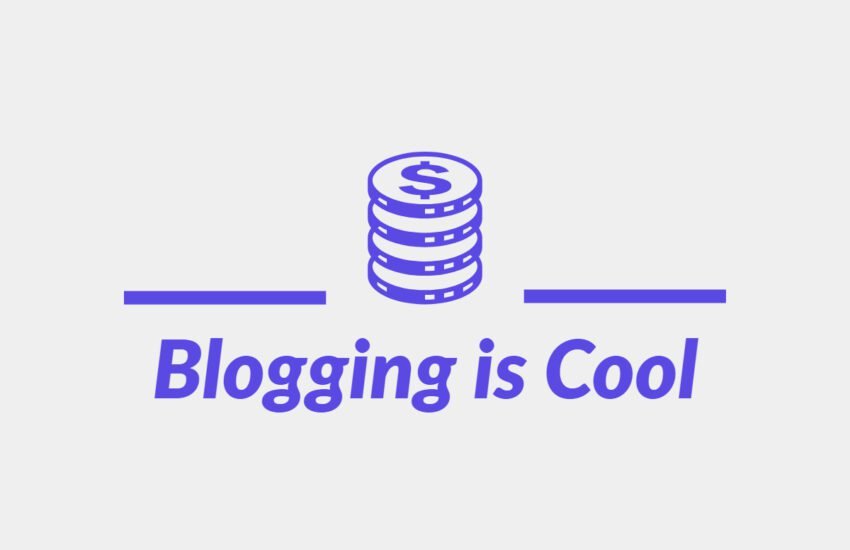How to Index Your Blog Posts on Google Faster in 2024
- Why Indexing is Crucial
- 1. Utilize the Google Search Console URL Inspection Tool:
- 2. Remove Crawl Blocks in Your Robots.txt File:
- 3. Check Your Sitemap URL for the Blog Post:
- 4. Ensure It Isn’t an Orphaned Page:
- 5. Fix No-Follow Internal Links to Any Article:
- 6. Add More Internal Links Pointing Directly to the Posts:
- Conclusion
Why Indexing is Crucial
In today’s digital age, having your blog posts indexed on Google is crucial for increasing visibility and driving organic traffic to your website.
With millions of new web pages created every day, waiting for Google’s crawlers to discover and index your content can sometimes feel like watching paint dry.
However, there are several proactive strategies and techniques you can employ to expedite the indexing process and get your blog posts ranking faster on Google.
From leveraging Google’s tools and resources to optimizing your website’s structure and content, this article will provide you with actionable tips and insights to help you index your blog posts on Google faster in 2024, ensuring that your content gets the attention it deserves in the competitive online ecosystem.
Whether you’re a seasoned blogger or just starting out, mastering the art of indexing your blog posts quickly can significantly boost your online presence and drive more traffic to your website.
It can sometimes take time for search engines to crawl and index new content.
If you’re looking to expedite the process and get your blog posts indexed faster on Google in 2024, here are some effective strategies to consider:
1. Utilize the Google Search Console URL Inspection Tool:
One of the quickest ways to get your blog posts indexed is by using the URL Inspection tool in Google Search Console.
This tool allows you to request indexing for specific URLs, signaling to Google that you want them to crawl and index your content as soon as possible.
2. Remove Crawl Blocks in Your Robots.txt File:
Make sure that your robots.txt file is not blocking search engines from crawling and indexing your blog posts.
Check for any disallow directives that may be preventing search engine bots from accessing your content.
By removing any crawl blocks, you increase the chances of your blog posts being indexed faster.
3. Check Your Sitemap URL for the Blog Post:
A sitemap is a file that lists all the pages on your website, including your blog posts.
Ensure that your blog post URL is included in your sitemap. This helps search engines discover and index your content more efficiently.
4. Ensure It Isn’t an Orphaned Page:
An orphaned page is a page on your website that doesn’t have any internal links pointing to it.
If your blog post is not linked from any other page on your site, search engines may have difficulty finding and indexing it.
Make sure to include internal links from relevant pages to your blog posts, increasing their visibility to search engines.
5. Fix No-Follow Internal Links to Any Article:
Internal links are an essential part of SEO, as they help search engines navigate and understand the structure of your website.
Check that any internal links pointing to your blog posts are not set to “no-follow.”
By removing the “no-follow” attribute, you signal to search engines that these links are important and should be crawled and indexed.
6. Add More Internal Links Pointing Directly to the Posts:
Building on the previous point, it’s essential to have a solid internal linking structure within your website. Increase the number of internal links pointing directly to your blog posts from relevant pages.
This not only helps search engines discover your content faster but also improves the overall user experience by providing easy navigation.
Conclusion
Mastering the process of indexing your blog posts quickly on Google is essential for maximizing your online presence and driving traffic to your website.
By implementing the strategies and techniques outlined in this article, you can significantly reduce the time it takes for Google to discover and index your content, ensuring that your blog posts are visible to users searching the web.
From leveraging Google’s tools and resources to optimizing your website’s structure, content, and technical aspects, each step plays a crucial role in expediting the indexing process.
By staying proactive and consistent in your efforts to optimize your blog for search engines, you can enhance your chances of ranking higher in search results and attracting more organic traffic to your website.
Remember that indexing is just the first step in the journey towards online success, and ongoing optimization and promotion are key to maintaining and growing your presence in the ever-evolving digital landscape.
So, put these strategies into action, stay patient, and watch as your blog posts soar to the top of Google’s search results, driving more visitors, engagement, and opportunities for success.


